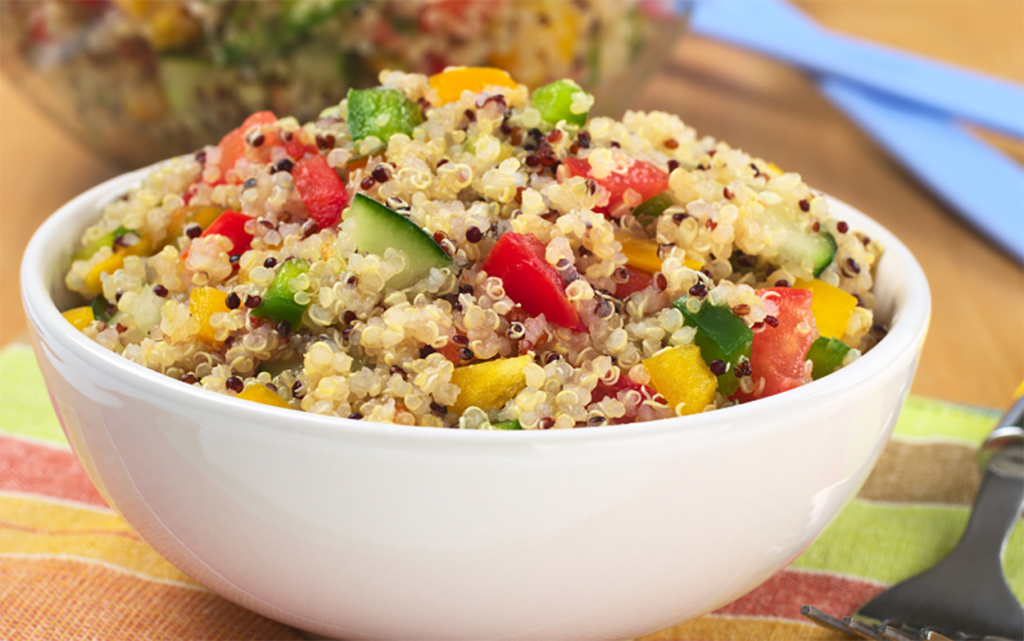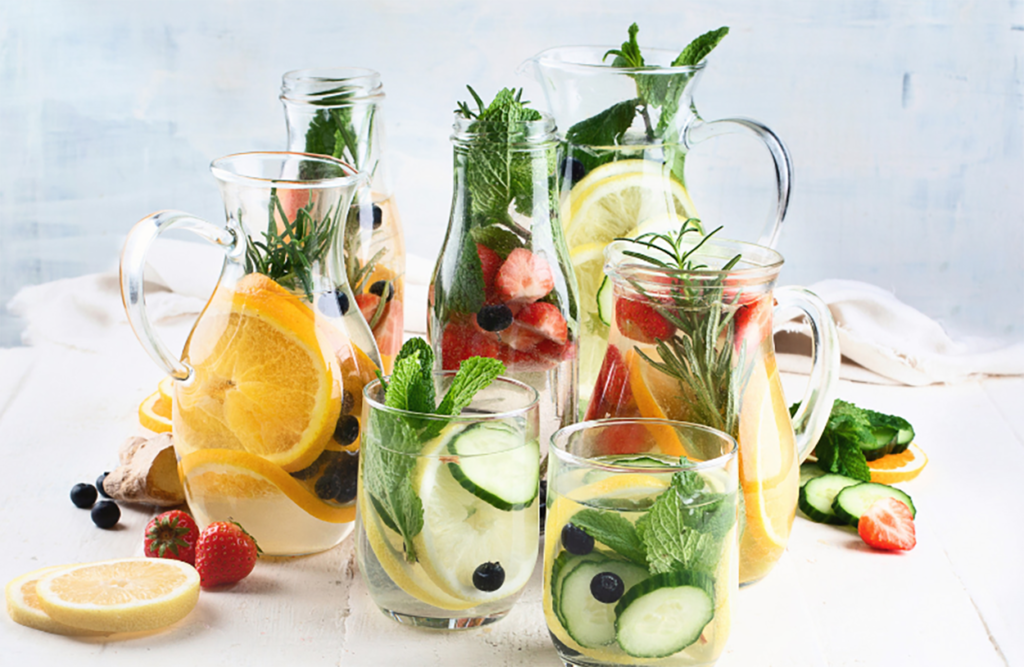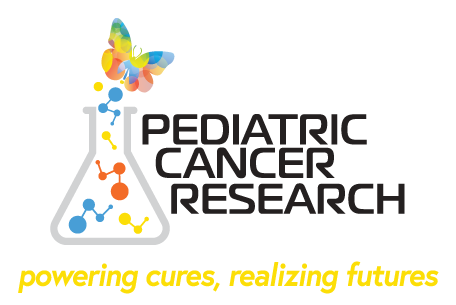
BY KELLY SPRINGER, MS, RD, CRN
Founder
KELLY’S CHOICE, LLC
Over the past few weeks, we have received a number of nutrition questions that reflect what is on the minds of many Americans. I hope my answers help increase clarity and debunk some misperceptions. These responses are grounded in research and augmented by experience.
1.) What is the deal with eggs? Are they healthy for you or not?
I am a proponent of eggs. Eggs, especially the yolk, are loaded with nutrition. A single egg gives you high-quality protein, healthy omega-3 fats and essential vitamins and minerals like vitamin D, vitamin B12, selenium, and choline.
2.) So many people I know have tried Keto or other low-carb diets. What are your thoughts on diets like these?
While some people, such as individuals with type-2 diabetes, need to monitor their carbohydrate intake, I do not approve of low-carb fad diets like Keto. Carbohydrates are healthy when you choose the right type, such as those found in whole grains. They contain fiber, which is one of the best nutrients to consume for optimal health.

Research shows that fiber may reduce your risk of death from both cancer and heart disease.
There is one study, for example, of more than 160,000 women whose health and dietary habits were followed for up to 18 years. The women who consumed an average of 2-3 servings of whole grains a day were 30% less likely to have developed type-2 diabetes than those who rarely ate whole grains.
One of the most groundbreaking studies was published in the Lancet peer-reviewed journal in 2019. This study was a review using data from 185 prospective studies and 58 clinical trials. The researchers found that eating fiber from a variety of whole foods can decrease the risk of death from heart disease, stroke, type-2 diabetes and/or colon cancer by up to 24%, compared to people who eat very little fiber.
3.) I have been trying to drink more water, but it bores me — can you recommend other ways I can stay hydrated?
There are many exciting ways to stay hydrated and give you a change of pace from plain water.
Try infusing water with cucumber, mint, lemon, or lime. There are some commercial brands that sell water already infused as well — my personal favorite is blackberry.
Coconut water is another phenomenal way to hydrate yourself. It has an abundance of electrolytes. This is my go-to on hot, sunny days.
Herbal teas are not only hydrating, but also offer a variety of flavors and health benefits.
A 2019 meta-analysis of 21 studies examined the health benefits of herbal tea and here are some of the positive findings:
- Lavender and Chamomile Tea improved sleep quality and mood in new mothers.
- Spearmint Tea helped alleviate symptoms of Polycystic Ovarian Syndrome.
- Hibiscus Tea lowered blood pressure in participants with hypertension or type-2 diabetes.

4.) If I had to pick three vegetables or fruit to eat most often, what should I choose?
This is a hard one, but if I had to choose, I would select leafy greens, berries and cruciferous vegetables.
- Leafy greens like spinach, kale, and Swiss chard are nutritional powerhouses packed with vitamins, minerals and antioxidants. They are low in calories and high in fiber, making them an excellent choice for promoting overall health.
- Berries such as blueberries, strawberries and raspberries are not only delicious but also rich in antioxidants, vitamins and fiber. They’re lower in sugar compared to many other fruits and can be enjoyed fresh or frozen.
- Cruciferous vegetables like broccoli, cauliflower and Brussels sprouts are nutrient-dense choices that provide vitamins, minerals and fiber. They also contain compounds that have been linked to various health benefits, including reduced risk of chronic diseases.
5.) Plant-based diets seems to be the latest craze. Does that mean I have to give up meat entirely?
Adapting to a plant-based diet doesn’t mean you have to give up meat. Instead, focus on choosing lean meat cuts like chicken breast, beef tenderloin and pork tenderloin. Also, monitor your serving sizes — a serving size of meat is 3 ounces, that is about the size of a deck of cards. Americans typically eat 6-8 ounces of meat. Finally, make sure that at least half of your plate is vegetables for dinner and lunch and you will be well on your way toward a plant-based diet.
I hope that this series has helped address some of your nutrition interests with clarity and insight and that those of you who are interested will find it easier to adopt some healthy eating tips. As a registered dietitian, it’s my mission to offer compassionate and knowledgeable guidance to help individuals make informed choices about their nutrition and I hope I have helped you.
Remember, small changes in your diet can lead to significant improvements in your health over time. Whether it’s prioritizing fiber-rich whole grains, embracing a variety of hydrating options or incorporating nutrient-packed fruits and vegetables into your meals, the journey toward a healthier lifestyle is achievable and rewarding. Here’s to continued success on your wellness journey!
Resources:
1.) de Munter, J. S., Hu, F. B., Spiegelman, D., Franz, M., van Dam, R. M. (2007). Whole grain, bran, and germ intake and risk of type 2 diabetes: a prospective cohort study and systematic review. PLoS Med, 4, e261.
2.) Reynolds, A., Mann, J., Cummings, J., Winter, N., Mete, E., Te Morenga, L. (2019). Carbohydrate quality and human health: a series of systematic reviews and meta-analyses. Lancet, 393, 434-45.
3.) Poswal, F., Russell, G., Mackonochie, M., MacLennan, E., Adukwu, E., & Rolfe, V. (2019). Herbal Teas and their Health Benefits: A Scoping Review. Plant Foods for Human Nutrition, 74. https://doi.org/10.1007/s11130-019-00750-w
The forgoing article reflects the views of Kelly’s Choice, LLC. The Pediatric Cancer Research Foundation does not provide medical or nutritional advice and does not have a position with respect to the views expressed by the above.




